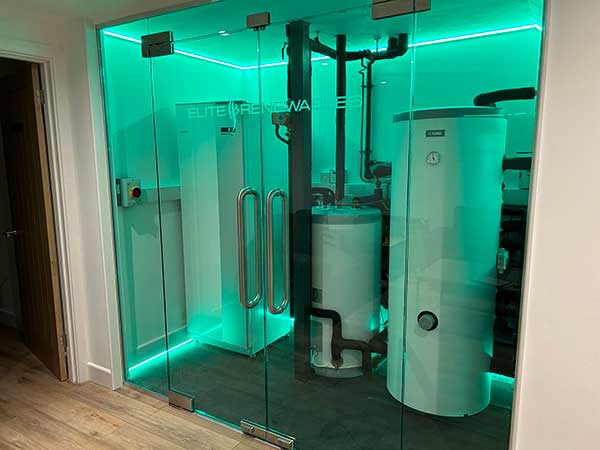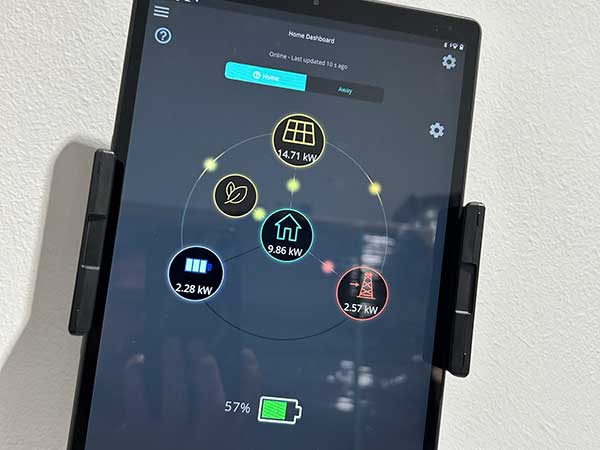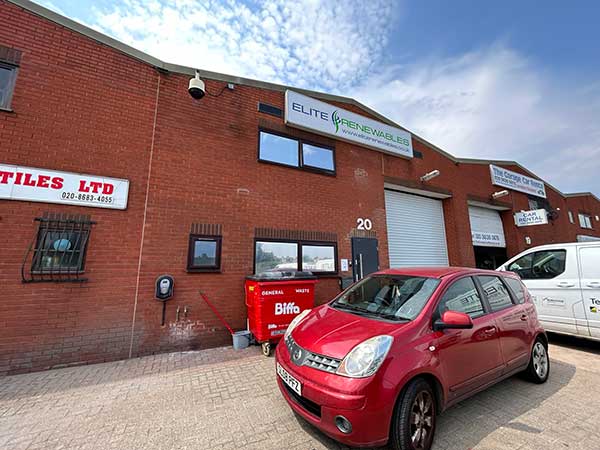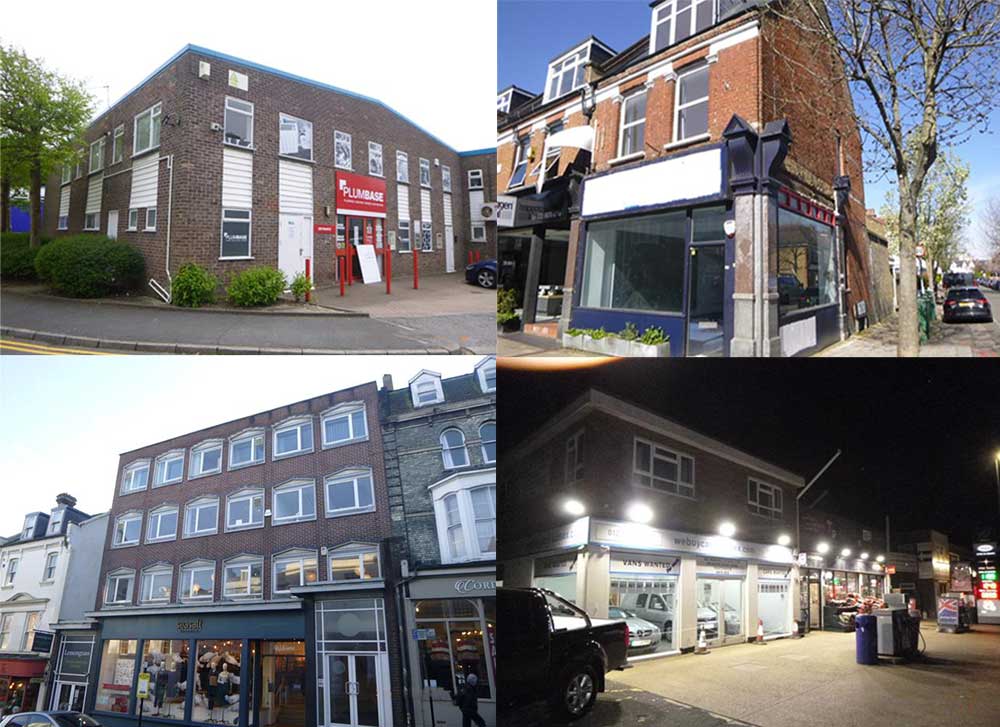EPC A – exceptional rating for commercial building
Clients often ask us how to achieve better energy efficiency in commercial properties. Last month, we completed a commercial EPC on a 1981 building in Croydon which achieved an A rating after previously being rated D. This was a real eye-opener as this is the first time we have encountered such a high standard. Therefore, with Elite Renewable’s permission, we are delighted to share these exciting results and their successful outcomes with our clients.
Renewable technologies showcase net zero solution for a 1981 warehouse
In August 2022, Martyn Fowler, Chief Executive of Elite Renewables, set out to demonstrate what could be achieved with renewables within the restraints of an old building. Having acquired a 1981 warehouse unit in Croydon, his company set about converting 400 square metres into a centre of excellence. The work was done under the expert eye of RIBA Chartered Architect and Passivhaus consultant Alida Calistru. It became the UK’s first office and showroom entirely powered by renewables.


At the opening of the premises in May, Martyn demonstrated how they achieved zero carbon. The premises are fully functioning offices and a live showroom of every technology, where clients can view, hear and touch rather than relying on brochures and hearsay.
First working office and showroom running on renewables.


Martyn said, “The development represents the culmination of 20 years of experience with heat pumps. The timing was no accident: Government is setting increasingly tough energy efficiency standards for households and industry, to achieve net zero CO2 emissions. As soon as 2025, planning permission will not be granted for new-build houses with gas boilers; energy will have to be generated from renewables. The date when conventional boilers will be outlawed is a movable feast, but renewable energy is certainly the future especially with the energy crisis.
Our Tait Road showroom is the first working office in the UK that is also a living example of all the renewable technologies. Our heating, lighting and all other services all come from the ground source heat pump and the PV array – we should be close to achieving zero running costs.”
Elite’s ethos is to become a one-stop solution for its clients, encompassing a holistic, sustainable approach through architectural and structural design at all stages of M&E design, incorporating the full range of renewable technologies and finishing with a complete installation service.


Stuart Foster of Skyline-EPC, said, “This is a remarkable achievement, and we are happy to refer any of our own clients to Martyn and his team for further details. Renewables don’t have to break the bank and are a sustainable answer for the future.”
Learn more from Elite Renewables or call us on 01273 458484 to book a commercial or domestic EPC.








